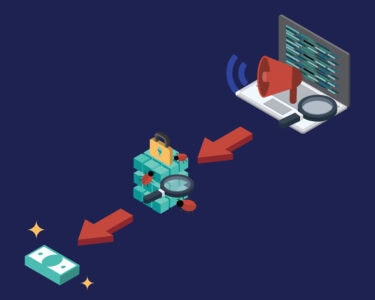The European Union has published a set of guidelines on how companies and governments should develop ethical applications of artificial intelligence (AI). The guidelines are not legislation, but they may be used in the drafting of future laws, according to The Verge.
The guidelines are intended to address the dark and diffuse problems that society encounters when AI is integrated into health care, education and consumer technology. The guidelines were drawn up by a group of 52 experts. The seven points are as follows:
- Human agency and overview: AI systems should enable equitable societies by supporting human agency and fundamental rights and not reduce, restrict or mislead human autonomy.
- Robustness and security: Reliable AI requires algorithms to be safe, reliable and robust enough to deal with errors and inconsistencies at all stages of the life cycle of AI systems.
- Privacy and data governance: citizens must have full control over their own data, while data that revolves around them is not used to harm or discriminate against them.
- Transparency: the traceability of AI systems must be ensured.
- Diversity, non-discrimination and fairness: AI systems must take into account all human skills and requirements, and ensure accessibility.
- Social and ecological well-being: AI systems should be used to improve positive social changes, as well as sustainability and environmental responsibility.
- Accountability: Mechanisms should be in place to ensure responsibility and accountability for AI systems and their outcomes.
Series of questions
The guidelines report also includes a “Trustworthy AI assessment list”, a list of questions that can help experts identify potential vulnerabilities or threats in AI software. The list includes questions such as “Have you verified how your system behaves in unexpected situations and environments?” and “Have you assessed the type and scope of data in your dataset?”
The assessment lists are still temporary, but the EU will collect feedback from companies in the coming years. A final report on the usefulness of the assessment lists will be published in 2020.
This news article was automatically translated from Dutch to give Techzine.eu a head start. All news articles after September 1, 2019 are written in native English and NOT translated. All our background stories are written in native English as well. For more information read our launch article.


















